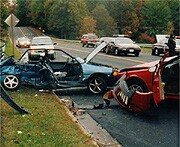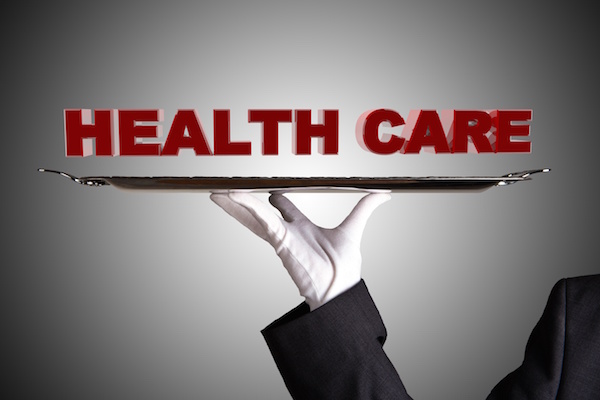
WEDNESDAY, Dec. 14 (HealthDay News) — During the holidays, alcohol-related car accidents claim more lives than at any other time of the year, according to U.S. government experts.
The U.S. National Institute on Alcohol Abuse and Alcoholism (NIAAA) reports that 40 percent of traffic-related deaths during Christmas and New Year’s involve drunk drivers — a 12 percent increase over the rest of the month of December.
Facing these troubling statistics, the NIAAA issued a warning that more awareness is needed on the effects of alcohol on the body, and how long alcohol can remain in a person’s system. The agency offered the following information on the effects of alcohol to clear up some common misconceptions:
- Alcohol acts quickly. Alcohol interferes with people’s coordination, driving skills and judgment well before physical signs of drunkenness appear. The NIAAA pointed out that people should not be deceived by the initial surge in excitement or energy alcohol might trigger. Continued alcohol consumption can prolong reaction time and can cause people to lose control and become aggressive, making driving safely much more difficult.
- Alcohol’s effects last. Alcohol continues to enter the bloodstream and affect the brain and body for hours after consumption. Driving late at night compounds the sedative effects of alcohol because people are naturally more tired at night. Driving abilities may continue to be impaired the morning after a night of drinking.
- Coffee doesn’t help. Caffeine does not help reduce the effects of alcohol on people’s coordination or ability to make good decisions. Only time will allow the body to metabolize or break down alcohol and return to normal.
The NIAAA concluded that people should not have more than one alcoholic drink per hour and every other drink should be a nonalcoholic one.
The experts suggest that people attending parties should consider the devastating effects a fatal crash could have and designate a driver who has not consumed any alcohol.
More information
The U.S. National Institutes of Health has more about alcohol-related traffic deaths.

